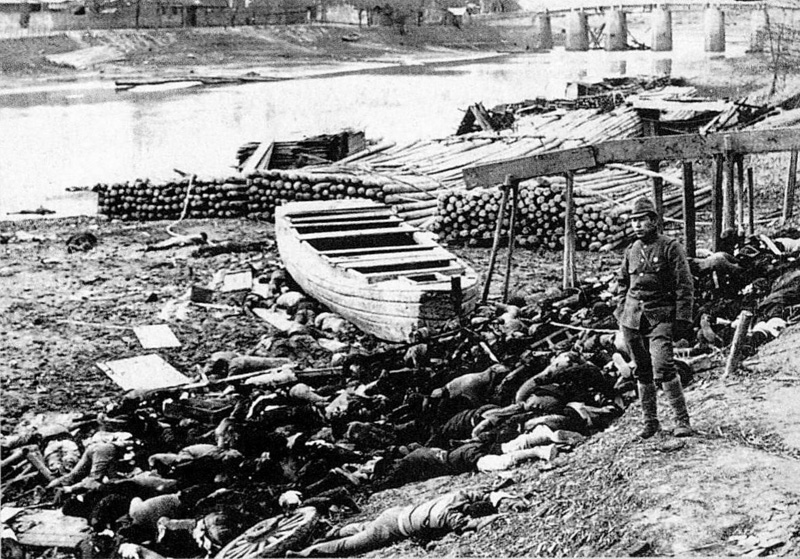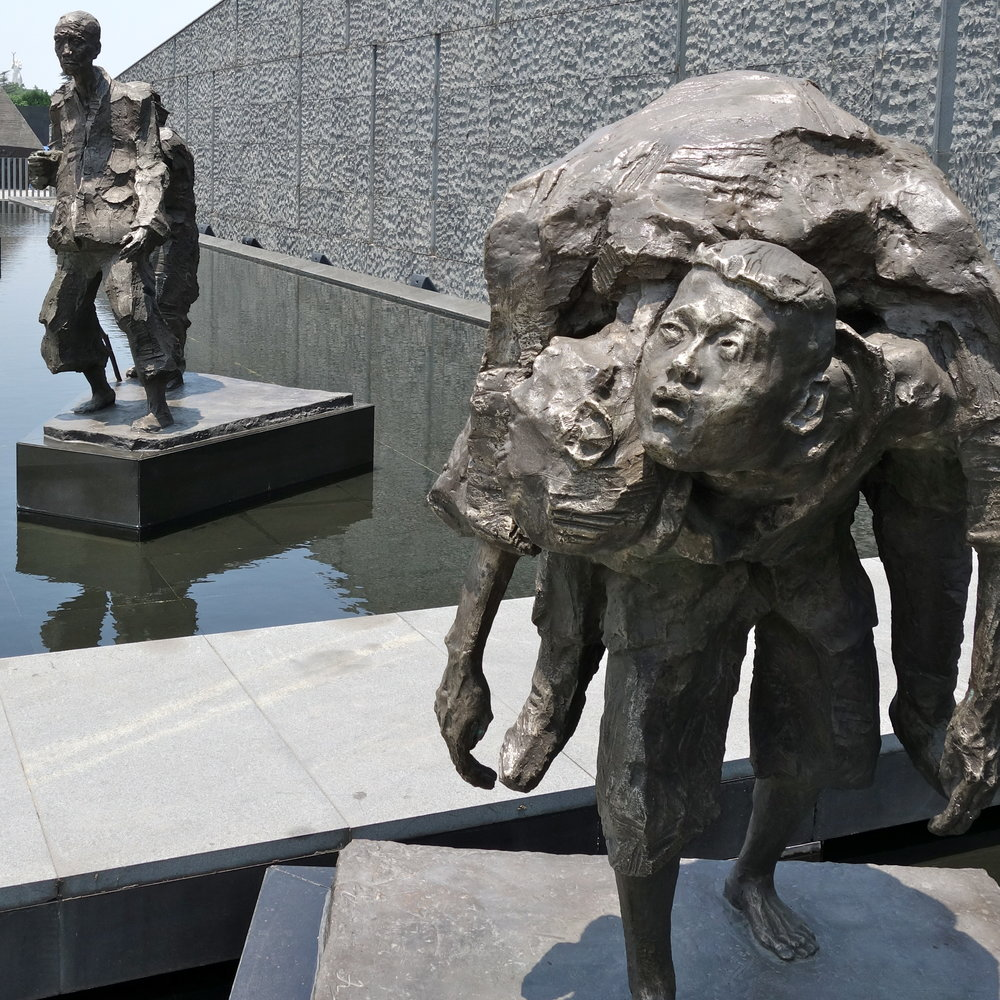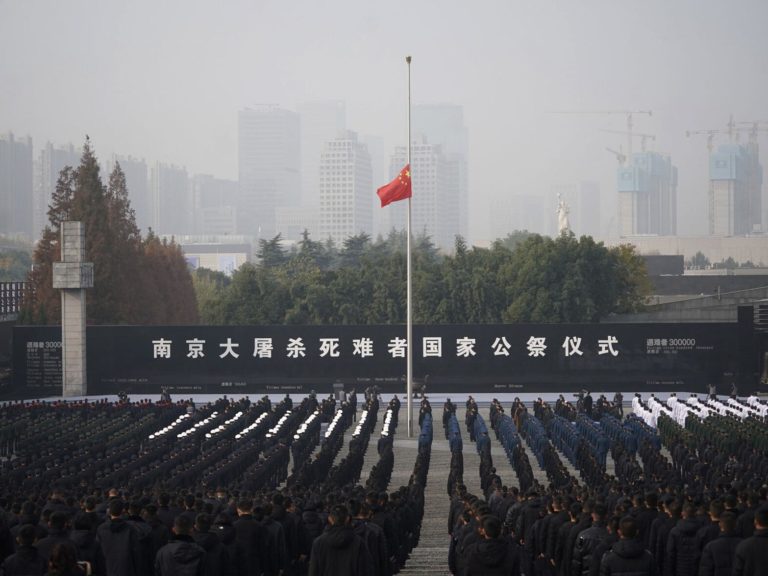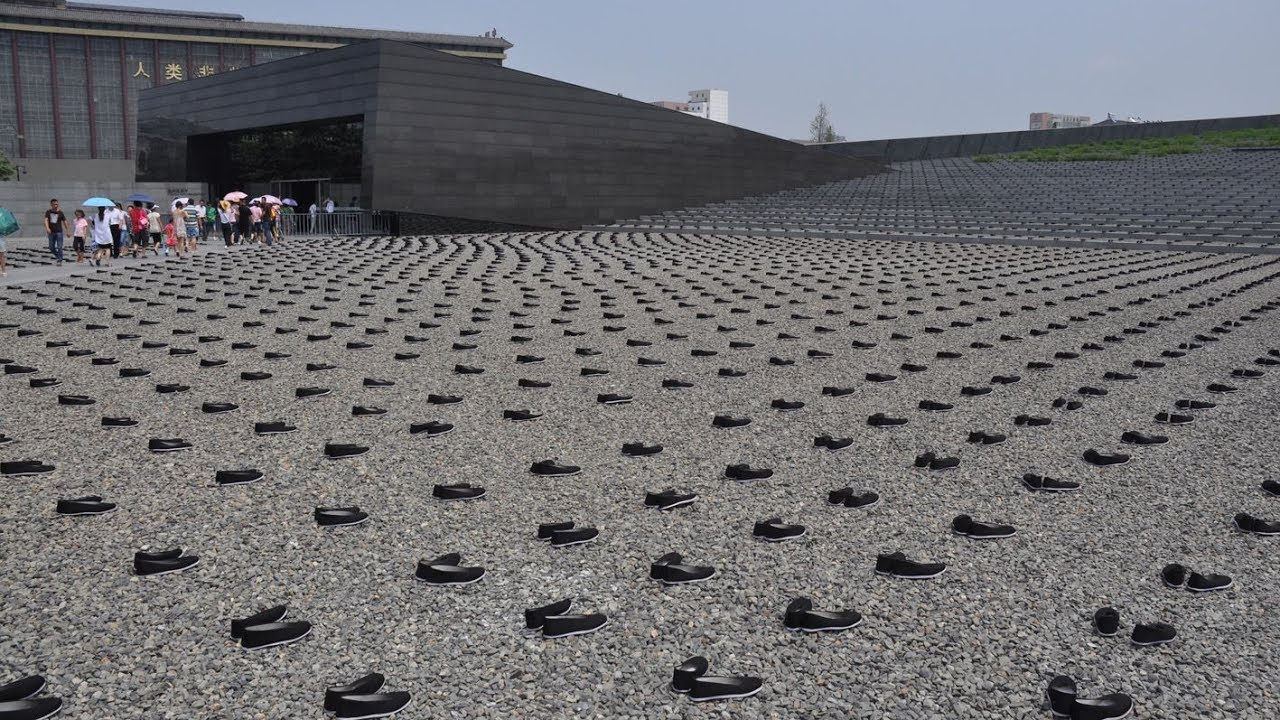I was born and raised in a small suburb of Columbus, Ohio, called Worthington. My parents chose to settle in Ohio because it seemed like the perfect place to live out the American Dream.
Having lived before only in tight, cramped apartment spaces in Nanjing, China they longed for a big house with a grassy yard and the bright blue sky above them. That was the America they saw on T.V. and read about in books — a perfect place to start a family.
In elementary school, I was the only Asian student in most of my classes. Like many Asian kids who grow up in predominantly white areas, I began to hate my own appearance and culture.
I loathed it when my parents packed me Chinese food for lunch, or when they spoke their native language in public. I hated Chinese school, where I was surrounded by other Chinese kids who I convinced myself I was somehow different from.
In the summer following sixth grade, my parents told me we were traveling to Nanjing, China to visit my grandparents. I had never been to China before, but I imagined a strange, dirty land, crowded with people.
My negative view of the country reflected the contempt I felt towards myself, and I begged my parents to let me stay in Ohio with friends. They refused, insisting that I see my extended family and the place they came from.
Stepping off of the bullet train into the Nanjing South railway station, I arrived in Nanjing for the first time. The air was unbearably humid, and I was instantly drenched in a layer of sweat.
My grandparents were waiting at the station to pick us up, and I instantly felt their love and warmth. I will never forget their tender smiles or gentle eyes.
 Bullet Trains at Nanjing South railway station (Credit).
Bullet Trains at Nanjing South railway station (Credit).
Walking through the bustling streets of the city, I was in awe of the sheer number of people. Steam rose from the stalls of street food vendors, children chased each other over the cement sidewalks, mopeds flew by us on the roads. Everyone was friendly and full of life.
One of the first places my grandparents took me to was the Nanjing Massacre Memorial Hall. It was my first exposure to the Nanjing Massacre, arguably one of the cruelest atrocities in human history.
On December 13, 1937, during the Second Sino-Japanese War, the Imperial Japanese Army captured Nanjing, the then capital of China. Over a six week period, rape, torture, murder, arson, and looting overcame the city.
An estimated 200,000 to 300,000 Chinese were slaughtered by the Japanese Army by the end of their occupation.
 A lone Japanese soldier stands over one of the many mass grave sites (Credit).
A lone Japanese soldier stands over one of the many mass grave sites (Credit).
At the memorial hall, holding my grandparents’ hands, I could not help but cry. There was a sculpture of a young boy carrying his dead grandmother on his back, running away futilely from Japanese soldiers.
I imagined myself in the boy’s position, knowing that he would die carrying his grandmother’s body, yet still persisting. The boy loved his grandmother just as much as I loved mine, and the thought filled me with insurmountable grief.
 13-year old boy carrying his dead grandmother. One of the many sculptures at the Nanjing Massacre Memorial Hall. (Credit).
13-year old boy carrying his dead grandmother. One of the many sculptures at the Nanjing Massacre Memorial Hall. (Credit).
Going through the exhibits and artifacts, I learned of many things I wish I could forget. I learned of the two Japanese soldiers who held a contest to see who could kill 100 Chinese civilians with a sword first.
I learned of the various ways in which women of all ages were raped and mutilated. I learned of the massacre of these civilians, so many bodies burnt or buried in mass graves that the exact death toll is still hard to calculate.
Outside of the museum, there were more than 300,000 stones that symbolized the remains of the dead. The area was packed with visitors and I felt a sense of solidarity standing with them under the glaring sun.
Although I was from America, I was no different than any one of them. My ancestors called this city home, my ancestors suffered, and through our mutual witnessing of their suffering, we were all connected.
At that moment, the living and the dead were together as one. It was a beautiful and cathartic experience.
As I left the Nanjing Massacre Memorial Hall, I was deeply saddened, but also grateful. I was grateful for having a loving family, for living in a time of peace, for coming from an amazing city with amazing people, for having a chance to remember and honor those who died in the war. But what I was most grateful for was finally having a home, and knowing it was right here in Nanjing.
Suggestions for further reading or viewing:
The Rape of Nanking by Iris Chang. A bestselling non-fiction book about the atrocities committed during the Nanjing Massacre.
Nanking, directed by Bill Guttentag and Dan Sturman. A documentary film combining letters, diaries, archival footage, and interviews from the Nanjing Massacre.
[zombify_post]



0 Comments